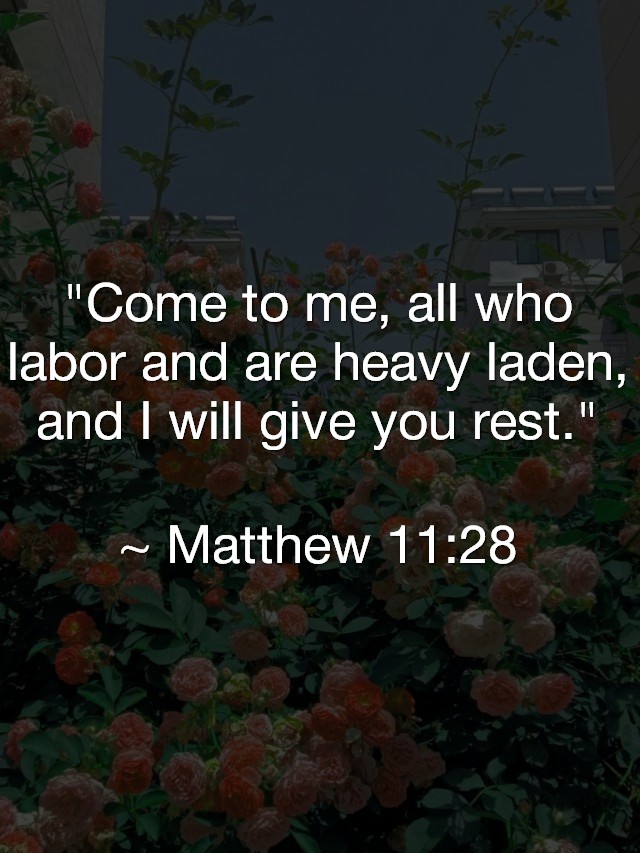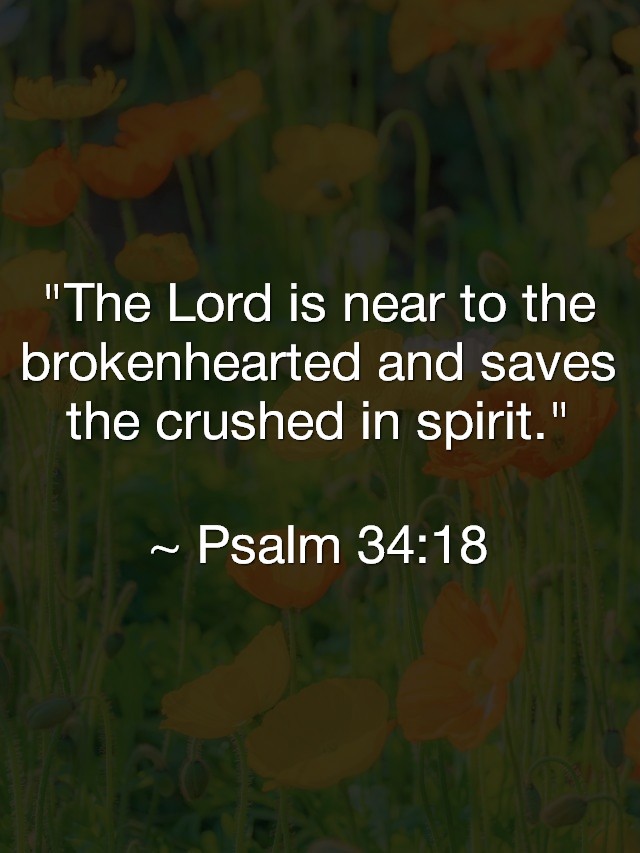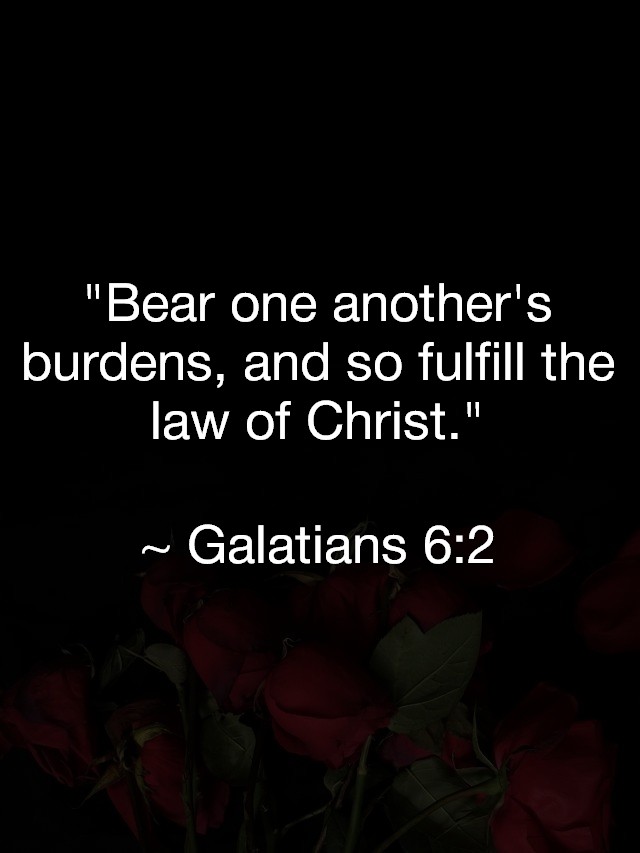Addiction is a profound and complex issue that affects not only the individual struggling with it but also their loved ones. As Christians, we are called to love and support those in need, but navigating a relationship with someone battling addiction can be incredibly challenging. This article explores the story of a young woman and her boyfriend, who struggled with addiction, and offers insights and guidance from a Christian perspective.
The young woman dated her boyfriend for a year, initially aware of his mild alcohol use and significant weed consumption. However, a few months into their relationship, she discovered signs of cocaine use. His addiction escalated, leading to severe consequences: he was kicked out of his family home, lost his job, and became estranged from his family.
Despite attending Cocaine Anonymous (CA) meetings and making temporary improvements, he experienced multiple relapses while continuing to smoke weed and drink occasionally. Eventually, he gave up weed and alcohol, committing more seriously to his recovery. However, relapses continued, becoming more frequent and severe.
In April, during a particularly intense relapse, he spent his entire paycheck in five days and turned to his girlfriend for help. She provided support services and financial assistance. By the end of April, after another relapse, he ended their relationship via text, expressing feelings of self-loathing and unworthiness due to his behavior during his addiction. He suggested that something had changed in their relationship and mentioned losing the “spark,” which she interpreted as being linked to his guilt and behavior during his addiction.
Shortly after their breakup, he moved back into his family home under strict conditions set by his parents, including daily drug tests. They still communicate occasionally, but her attempts to understand the deeper reasons behind their breakup lead to repetitive conversations. Despite the turmoil caused by his addiction, she remembers him as a loving and joyful person and continues to wish him well and hold love for him.
Understanding Addiction from a Christian Perspective
From a biblical perspective, addiction can be seen as a manifestation of sin that separates individuals from God and leads to destructive behaviors. It is often associated with idolatry, where the addiction becomes an idol, consuming an individual’s thoughts and actions and leading them away from God. However, the Bible also teaches the power of forgiveness and redemption. Through repentance and faith, individuals can find forgiveness and redemption for their sins, offering hope and the possibility of transformation and healing.
The Impact of Addiction on Relationships
Addiction doesn’t just affect the individual; it impacts relationships with family, friends, and the faith community. It can cause trust issues, financial strain, emotional and physical abuse, neglect, and isolation. In the story above, the young woman’s relationship with her boyfriend was severely strained by his addiction. Despite her efforts to support him, his relapses and the resulting guilt and self-loathing led to the breakdown of their relationship.
Supporting a Loved One with Addiction
Supporting a loved one with addiction requires a delicate balance of love, support, and boundaries. Here are some steps to consider:
- Seek Professional Help: Encourage your loved one to seek professional help and support them in finding appropriate treatment programs.
- Set Boundaries: Establish clear boundaries to protect your emotional and physical well-being. This may include limiting financial support or setting conditions for continued contact.
- Engage in Prayer and Spiritual Practices: Regular prayer, Bible study, and worship can provide spiritual fortitude and help manage stress and cravings.
- Join a Support Group: Find support in your church or Christian-focused addiction support groups. They offer understanding and guidance without judgment.
- Practice Self-Care: Take care of yourself by developing healthy coping mechanisms, such as exercise, meditation, and hobbies.
Finding Hope and Healing
Recovery is an ongoing journey, but the strength and support of faith can be a powerful resource. Here are some ways to find hope and healing:
- Confession and Repentance: Openly admit your struggle to God and seek forgiveness. This lays the foundation for true change.
- Embrace Community: Find support in your church or Christian-focused addiction support groups. They offer understanding and guidance without judgment.
- Seek Both Spiritual and Practical Help: Combine prayer and spiritual practices with professional treatment, therapy, and support groups. This holistic approach addresses both physical and spiritual needs.
- Lean on God’s Grace: Recovery has challenges, but God’s grace sustains you on this journey. Each step forward is a testament to His love and strength working through you.
Addiction is a serious and complex issue that requires both medical and spiritual intervention. As Christians, we are called to support and love those struggling with addiction while maintaining healthy boundaries to protect ourselves. By seeking professional help, engaging in spiritual practices, and finding support in our faith community, we can navigate the challenges of addiction and find hope and healing in God’s grace.




